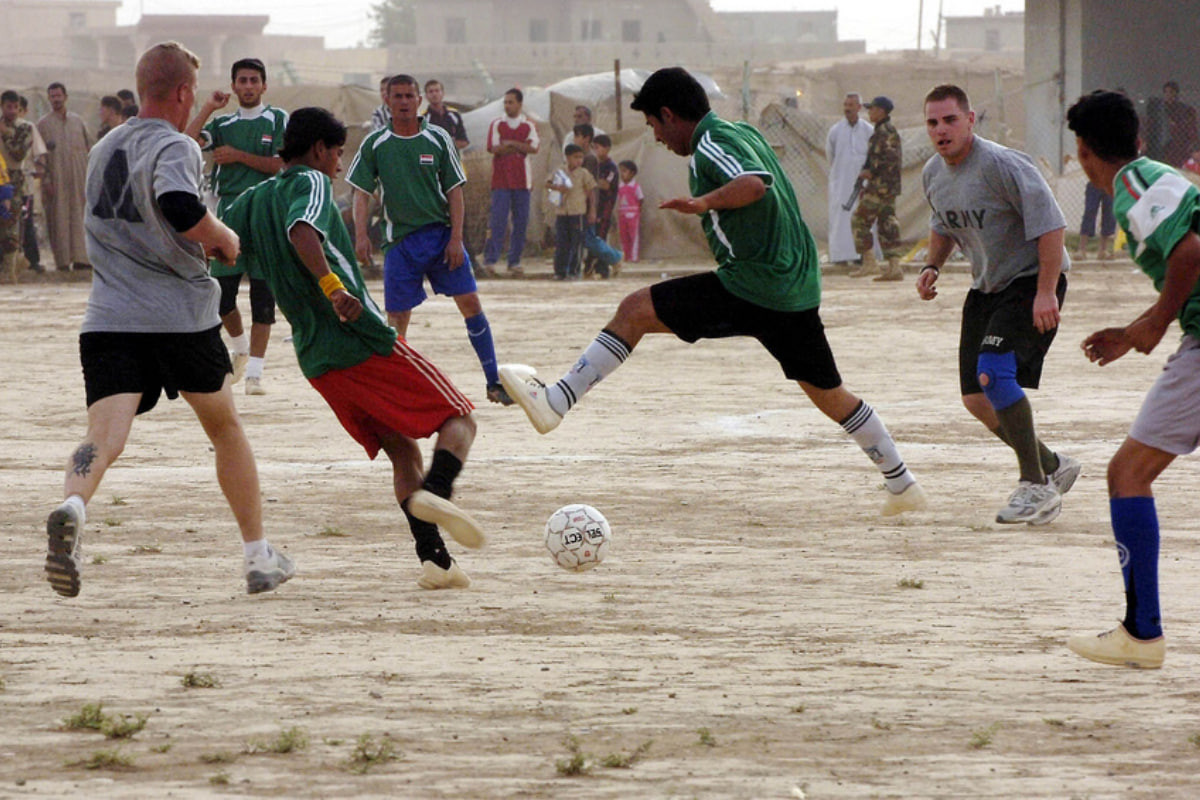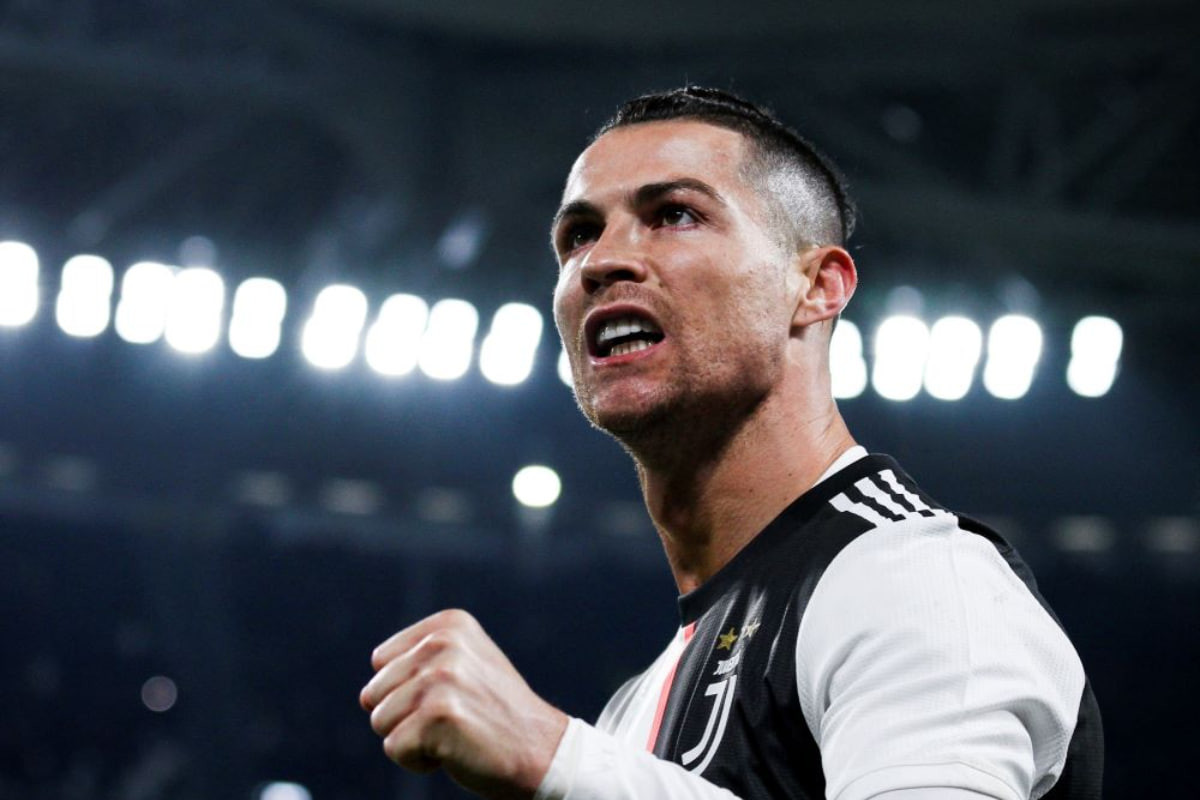
Why Soccer Is the World’s Most Popular Sport
If you were dropped in any random village around the globe, you’d most likely be able to get a game of soccer going with the locals. The game is played by a quarter billion people worldwide, and another 4 billion watch the sport actively on live streams and TV. It hails from traditions in a large number of countries in numerous different manifestations in places like the Han Dynasty in China, Egypt, Greece, and Italy.
What we now call soccer is actually a version of the same sport that American football hails from. In England, the sport of advancing a ball, as opposed to on horseback, was called football. What at Rugby School evolved into the sport of carrying a ball in one’s hands to a destination later came to be known as rugby football, while a league called the Football Association came to be, where they kicked the ball instead, which would shorten to retain only the middle of the second world.
Today, soccer is a beloved medium of international play and competition between people of completely different cultures. There are numerous reasons why this has come to be. We will be breaking that down for you today in this article.
Simplicity
No matter what type of game you’re talking about, simplicity breeds popularity. This is because the more complex the rules any game has, the more difficult it is for a certain portion of any given population to follow. Most of the time, while watching cricket, baseball, or American football, people fail to even guess what the rules of the game are, even if they try to do so independently for a whole afternoon. In soccer, the rules couldn’t be simpler – you kick a ball into the other team’s goal and you get one point.
This is in stark contrast to American football, where a goal could theoretically mean 3, 6, 7, or even 8 points. In tennis, there are things like game, set, and match to follow, and terms like “love”. In golf – you get birdies, bogies, and eagles. In cricket, hitting a ball past the boundary could result in 4 or 6 runs while being a bad bowler could result in runs being penalized.
Soccer is the sports equivalent of games like slots, bingo, and crash games, which are immensely popular worldwide, also absorbing the lion’s share of its realm’s gambling deposits on big platforms like Odds96. And the reason is obvious – in slots, the goal is to pull a lever at just the right time to achieve matching symbols and multipliers.
That’s precisely why 70% of games in casinos are slots. Everybody knows how to play them. Poker, meanwhile, is extremely subtle, and people are often quite afraid to get involved in that.
Easy to Compete
A lot of sports give huge advantages to men based on the physical traits they’re born with. In American football, being bulky and buff will give you an advantage, as will being tall in volleyball or basketball. Soccer, meanwhile, lends itself heavily to skill and stars rather small in stature have been able to differentiate themselves. When it comes to a few buddies playing in a simple town in any country on Earth, whether it be in Iran or Venezuela, who wins tends to be determined heavily based on skill.
Safe Sport
These games do not result in the same amount of injuries as other sports, because they are not as violent. In rugby, people are often seen punching each other in the face. Soccer hardly requires any equipment at all, and thus, can be played spontaneously among friends even without shin guards if they want, or even a ball – if they have a bottle to kick around.
Furthermore, soccer doesn’t require a lot of space to play it. Stadiums of other sports can easily host soccer matches and there are many community soccer fields people gladly gather to play on that are created out of small fenced areas.
Global Stars
Nowadays, in the era of social media, soccer superstars are more than just athletes. They’re huge influencers that people look up to that tweet about their daily lives and dive into separate industries such as apparel and toiletries. The visibility and influence of these players also contribute to soccer's popularity.
Endorsement deals with brands like Adidas, Nike, and Pepsi place their faces on billboards from Jakarta to Johannesburg. Video games like FIFA further elevate their fame, introducing young fans to the sport through interactive play.
Names like Lionel Messi, Cristiano Ronaldo, Neymar Jr., and Kylian Mbappé are recognized in nearly every country on Earth. Their talent, charisma, and larger-than-life personas attract fans from all walks of life, even those who don't typically follow the sport. A single social media post from a top player can reach hundreds of millions of followers, spreading soccer’s influence across borders in seconds. Soccer leagues are meanwhile expanding internationally, and the farther they reach, the more local communities they intrigue.
Uniting Nations
The scale and spectacle of major tournaments transcend sports, as global cultural phenomena that unite billions of people across borders, languages, and time zones. The FIFA World Cup is the most-watched sporting event in the world, drawing over 3.5 billion viewers during the 2018 edition alone. The tournament features 32 national teams (soon to be 48), showcasing elite talent and stirring patriotic passion on a scale no other sport can match.
For many countries, qualifying for or winning the World Cup is a national milestone. Streets fill with celebrations, economies pause, and entire populations rally behind their teams.
Regional tournaments like UEFA Euro, Copa América, Africa Cup of Nations (AFCON), and Asian Cup also command huge audiences and fierce rivalries. These competitions highlight regional identities and elevate rising stars. The UEFA Euro, for example, often delivers World Cup-quality drama and quality, as many of the strongest teams in global football are European. On the club level, the UEFA Champions League is the gold standard, bringing together top European clubs like Real Madrid, Bayern Munich, and Manchester City.
Political Glue
There are countless, resonating real-world examples of soccer's unifying role. During the Ivory Coast civil war, national team captain Didier Drogba famously pleaded for peace on live television after a World Cup qualification win in 2005. His speech, and the team’s success, helped ease political tensions and sparked national reconciliation efforts. Similarly, the 2010 World Cup in South Africa was more than a sporting event but rather a historic symbol of unity and progress for a country still healing from apartheid.
Even in the most heated club rivalries – like Barcelona vs. Real Madrid or Boca Juniors vs. River Plate – soccer fosters a deep sense of identity and community. Fans may disagree, but their devotion to the game binds them in a shared culture. Ultimately, soccer's global popularity is not just about skill or spectacle. It's about its ability to transcend divisions and remind us of our shared humanity.
Published by Patrick Jane
15.07.2025


